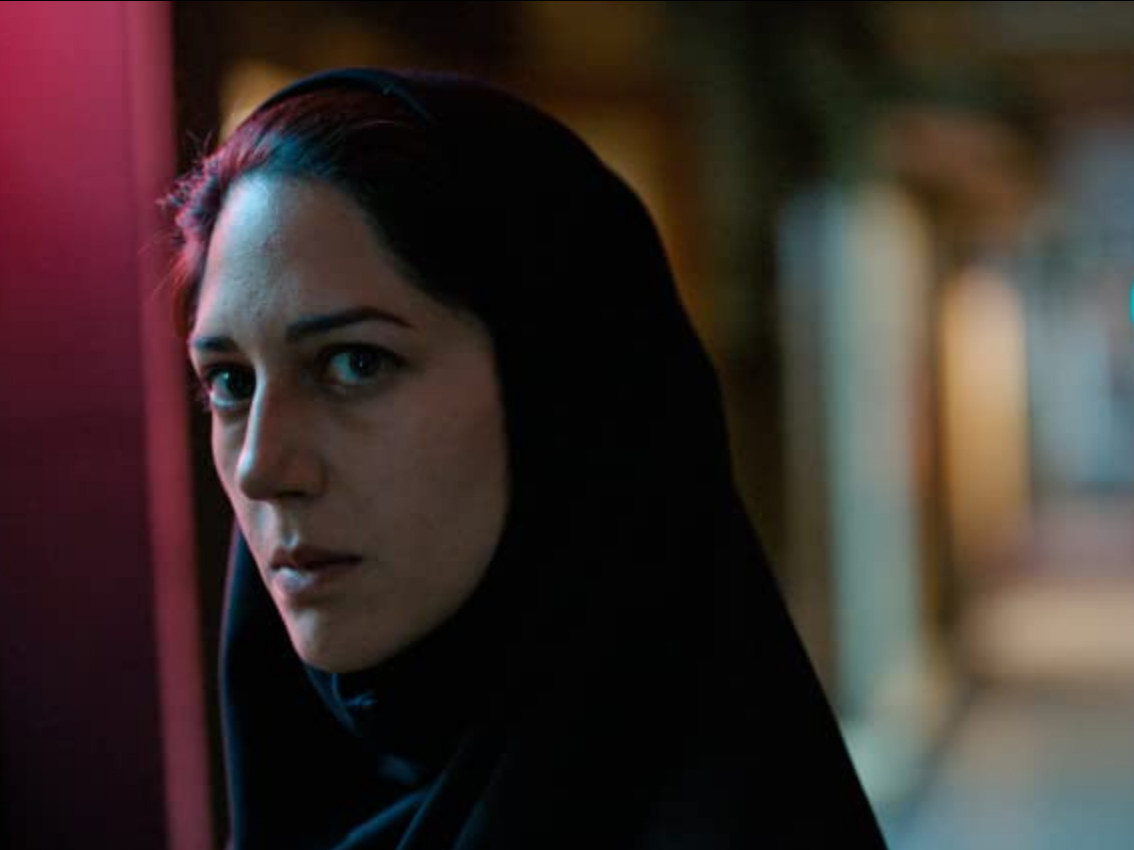
- Golden Globe Awards
Holy Spider (Denmark)
Holy Spider is a fictional story inspired by the real-life story of the Iranian construction worker Saeed Hanaei (Mehdi Bajestani), who was arrested in 2001 for killing 16 prostitutes in Mashad, Iran. It follows investigative journalist Rahimi (Zar Amir Ebrahimi), who travels to the holy city of Mashad with the intention of trying to help solve the long-running case when the police fail to catch the serial killer.
The Iranian-Danish director Ali Abbasi co-wrote and directed the film.
“I think where it really became something else and [when it] became interesting for me was when a certain segment in the Iranian society and press and authorities start talking about this guy as some sort of selfless hero that has been sacrificing himself for the good of the society,” he said at the press conference for the film at the Cannes Film Festival, where it was presented in the main competition.
Zar Amir-Ebrahimi plays the investigative reporter, who fearlessly researches the killer and even puts her own life in danger to stop the killings. She was inspired by the director’s perspective on the story.
“For the director, it was not about the serial killer; it was more about these women,” says Zar Amir-Ebrahimi, who won the prestigious Palme d’Or for Best Actress in Cannes, on a Zoom call. “Not only the prostitutes or sex workers but also the journalist, the serial killer’s wife, his mother, so all these different faces of women, for me, that is the subject of this movie.”
The focus of the film is how it takes the female journalist Rahimi to solve the crime and the obstacles that she must go through in order to do it. She has been fired from her job, as she did not appreciate the advances made by her boss and finds herself having to deal with a misogynistic world on top of dealing with the challenges of being a freelance reporter.
“It is not really an Iranian story,” the actor points out about the misogyny depicted in the film. “It happened in Iran and it is a real story in a religious city, but it exists everywhere.”
Amir Ebrahimi started working on the film as a casting director, so she followed the script edits closely. Both she and Abbasi had lived in Iran at the time of the killings and she clearly remembered the fear that the whole society experienced as well as her disdain when the killer was treated as a hero.
“I know that he had those questions about how you respect or humiliate women – prostitutes or street women,” she says about Abbasi’s script. “For me, they do not do anything negative. I just respect them as human beings. But that was not the case for everyone.”

